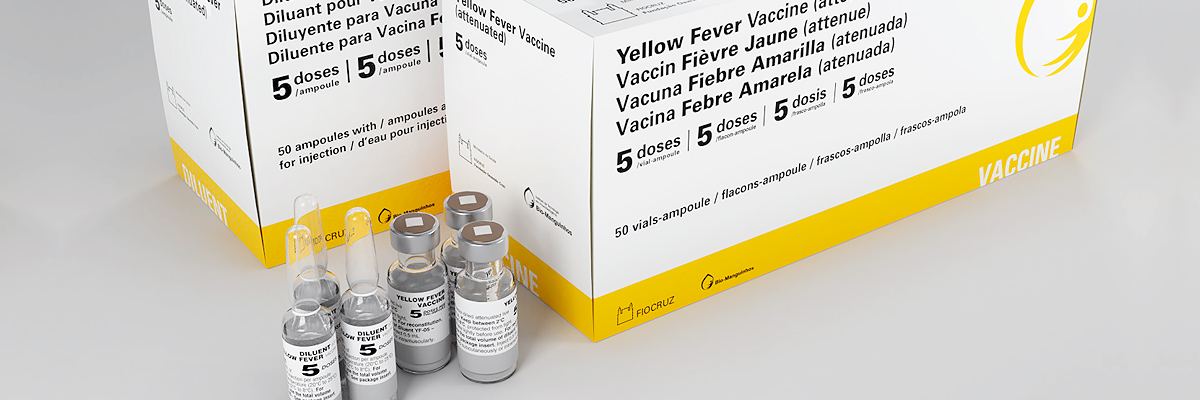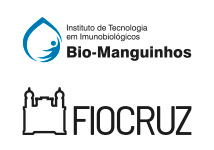
The Institute of Technology in Immunobiologicals (Bio-Manguinhos) plays an important role in the containment of yellow fever at a global level, having its vaccine pre-qualified by the World Health Organization (WHO) since 2001, which makes it suitable to be acquired by United Nations Agencies.
Bio-Manguinhos also stands out in the control of outbreaks in the Meningitis Belt, in Africa, where it has been exporting the meningococcal vaccine since 2007, in partnership with the Finlay Institute, in Cuba. In 2021, 7.43 million doses of vaccines were exported.
In addition to supplying vaccines, the Institute participates as a producing laboratory in the Eliminate Yellow Fever Epidemics (EYE), a group that brings together the World Health Organization (WHO), Unicef and Gavi – The Vaccine Alliance, among others, to devise strategies to eliminate global yellow fever epidemics.
After a clinical study of Bio-Manguinhos, the World Health Organization adopted the strategy “Fractional dose yellow fever vaccine as a dose-sparing option for outbreak response” for contain the 2016 urban yellow fever outbreak in the Democratic Republic of Congo – by vaccinating 10.7 million people in the city of Kinshasa, through this dose-saving strategy as a short-term measure to provide immunity.
Bio also works in the International Coordinating Group on Vaccine Provision (ICG), which focuses on maintaining stocks of yellow fever and meningitis vaccines and some other supplies, in order to guarantee a quick response in the event of outbreaks.
In March 2022, Bio-Manguinhos was selected as the representative of Brazil at the BRICS Vaccine Research and Development Center, initiative to strengthen vaccine cooperation to ensure the accessibility and affordability of vaccines in developing countries through their equitable distribution as global public goods.
In January of the same year, the Institute had already joined the Global Community for Sustainable Technology and Innovation (G-STIC), a joint that brings together specialists from all over the world in the areas of climate, education, health, energy and circular economy to increase and accelerate the implementation of technological solutions integrated with the sustainable development goals identified in the UN 2030 Agenda.
These were the two most recent steps after Bio-Manguinhos was one of the articulators of the creation – and a member since its inception – of the Developing Countries Vaccine Manufacturers Network (DCVMN), a voluntary public health-driven alliance of vaccine manufacturers from developing countries, firmly engaged in research, development, manufacturing and supply of high-quality vaccines that are accessible to protect people against known and emerging infectious diseases globally.
During the COVID-19 pandemic, the Institute reafirmed its commitment to global public health by committing to transfer RNA vaccine production technology in the WHO initiative “The mRNA vaccine technology transfer hub”. Announced on 21 June 2021 , the objective of the technology transfer hub is to build capacity in low- and middle-income countries to produce mRNA vaccines through a center of excellence and training. WHO and partners will bring training and financial support to build the necessary human capital for production know-how, quality control and product regulation, and will assist where needed with the necessary licenses.


